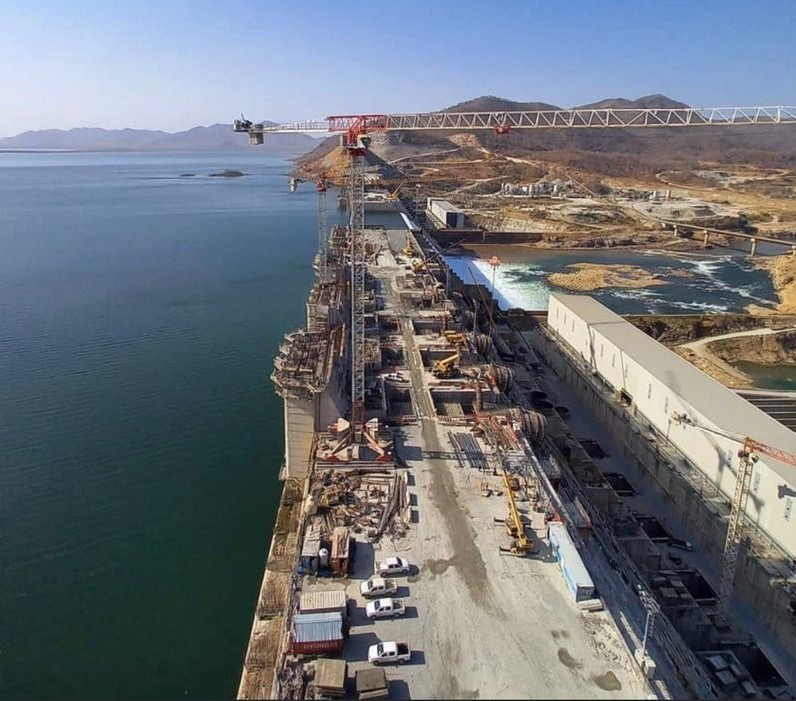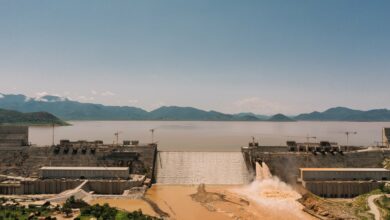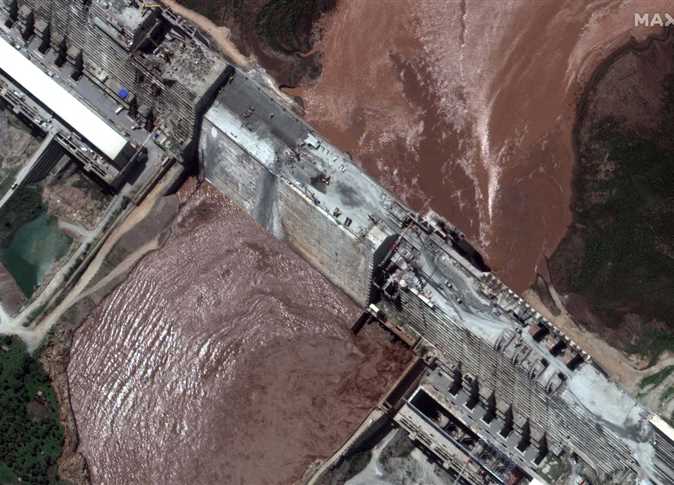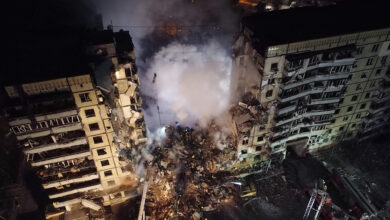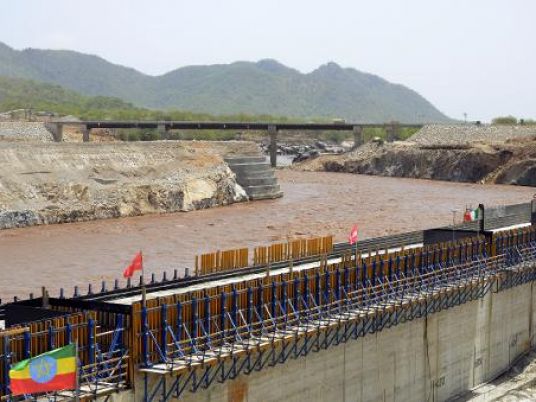
Laborers, engineers and drivers working on the Grand Ethiopian Renaissance Dam (GERD) have announced their third day of strike in a row, to protest poor salaries and living conditions.
Workers told the Ethiopian News Agency (ENA) that since first embarking on the massive national project years ago, their salaries have not increased, despite an improved Ethiopian economy.
Negotiations towards a solution are ongoing, according to Ephrem Woldekidan, General Manager of the Renaissance Dam Project.
“We hope that the workers will return to their work, and that the strike will not continue further,” he said.
However, on Saturday, Ethiopian Prime Minister Abiy Ahmed warned that the Dam may not be completed at all, ENA reported.
Ahmed said in a press conference that the project was scheduled for completion in five years, but fell short due to failed project administration, as well as meddling from the Metal and Engineering Corporation (METEC), a company under management of the Ethiopian Defense Forces.
The prime minister added that the board suffered from a lack of experience in managing large projects, leading to mismanagement.
After coming to power, Ahmed ordered a report about the progress completed on the GERD, and discovered that the METEC was falling short on its commitments. He subsequently revealed that the METEC’s contract was being transferred to a different contractor, which would be better able to resume and complete the GERD.
Yet, another obstacle facing the GERD’s completion is the government’s debt to Italian construction group Salini, due to METEC’s failure to abide by the schedule.
In addition, Simegnew Bekele, former Project Manager of the GERD, was killed in July while driving his car in Meskel Square in Addis Adaba city, Ethiopia.
In 2011, Ethiopia began construction on the GERD over the Blue Nile River, one of the major sources of the water that forms the River Nile downstream. Ethiopians see the dam as a great national project and a potential means of overcoming poverty. Egypt, however, fears that it will affect its access to the historic Nile, which it heavily relies on for power generation and agriculture.
The two countries have since entered a tripartite agreement with Sudan to distribute the power generation benefits of the GERD, “not to cause significant harm” to each other, to utilize their shared water resources equitably, and to cooperate on the first filling and operation of the dam.
Egypt’s share of Nile water sits at 55.5 billion cubic meters, while Sudan’s quota is 18.5 billion cubic meters. This is in accordance with an agreement signed between the two downstream countries in 1959. Ethiopia is not a signatory to the agreement.

